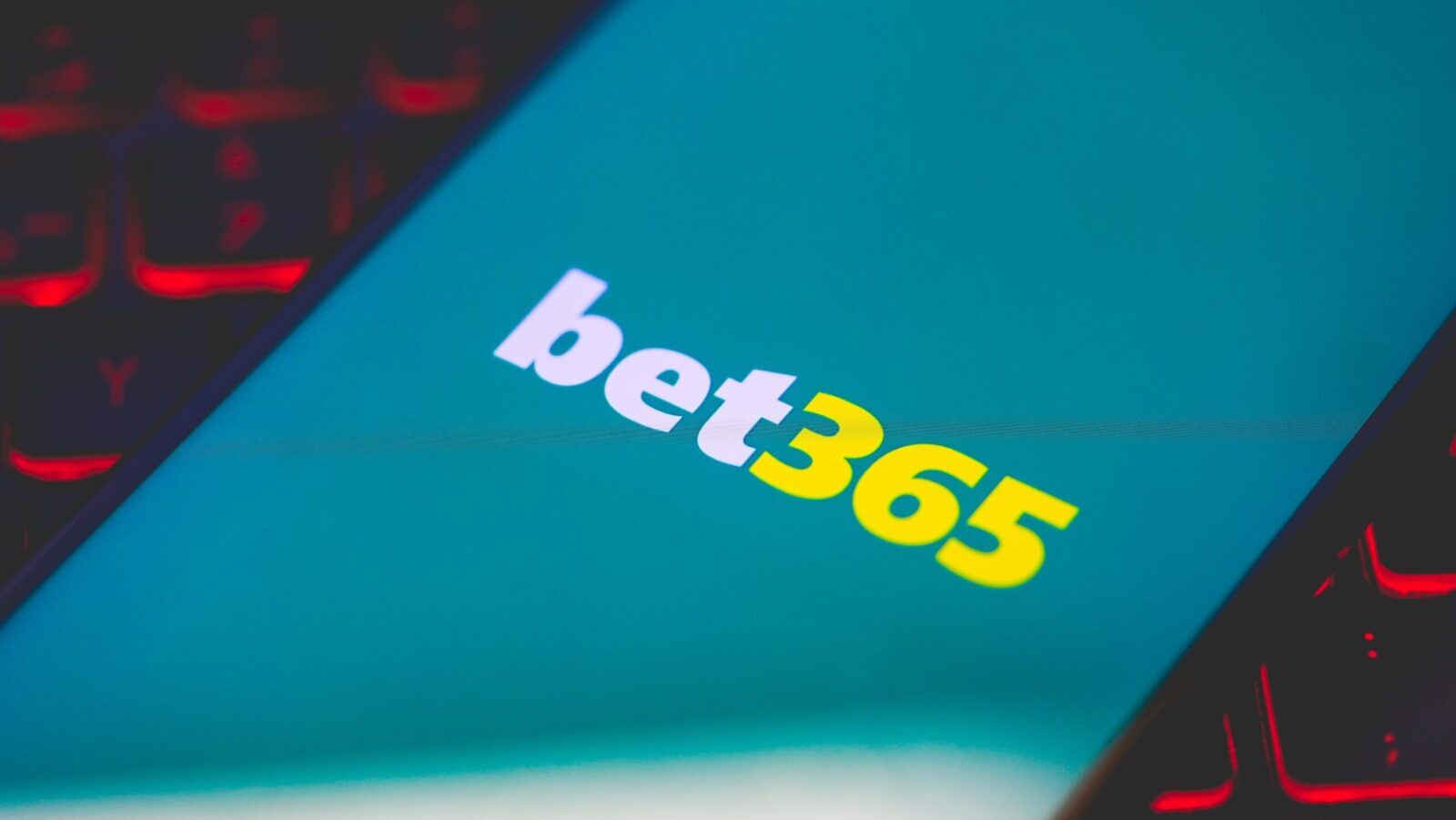Breaking The Chain: Monkey Tilt Secures More Funds, DexWin Goes ‘Gasless,’ More
A look at the biggest stories at the intersection of online gaming and crypto
4 min

In a world where technology and innovation seamlessly dance together like the Nicholas Brothers in Stormy Weather, we find ourselves at the crossroads of crypto and the iGaming industry. As cryptocurrencies rise to prominence, they promise to reshape the fabric of online gaming internationally, while regulated markets evaluate with a cautious eye.
But in light of recent political shifts, including President-elect Donald Trump’s embrace of Bitcoin on the campaign trail and afterward, a transformation is not just on the horizon; it is unfolding before our eyes. Join us at Casino Reports as we embark on this journey to explore some potentially profound changes ahead.
Welcome to “Breaking the Chain.”
In this edition, we’ll explore the story of BetHog‘s rival Monkey Tilt, the world’s first “gasless” sportsbook, and the fall of BC.Game in Curaçao.
Monkey Tilt attracts more funds
In the fast-evolving world of online gaming, a new player is betting big on cryptocurrency integration. No, it’s not BetHog. Enter Monkey Tilt, a Las Vegas-based platform launched in March that recently secured $30 million in Series A funding led by Pantera Capital, raising eyebrows in the industry.
Co-founded by Sam Kiki, a veteran casino manager, Monkey Tilt is attempting to bridge the gap between traditional casino games and the crypto world. The platform’s standout feature is its multi-currency crypto payment system, allowing users to wager with various digital assets across a range of games including craps, roulette, and a 24/7 sportsbook.
“The reality is this industry has failed to keep up with how people want to game, connect, and interact,” Kiki stated in a press release, highlighting the platform’s focus on cryptocurrency integration. This attitude seems to be resonating with investors, as the company’s total capital raised has now exceeded $50 million.
Ryan Barney of Pantera Capital expressed optimism about Monkey Tilt’s potential. “Monkey Tilt is pushing the online gaming world into a new era that’s heads and shoulders above the rest of the market,” Barney said. “Sam has already proven to be an authoritative leader in this space, and we’re so proud to back a platform that’s genuinely shaping the future of entertainment.”
Looking ahead to 2025, Monkey Tilt plans to launch a crypto trading gamified product, further blurring the lines between gaming and digital asset trading. This move raises questions about the future of online gaming and its intersection with cryptocurrency markets. Will this fusion of gaming and digital assets prove to be a winning hand, or is it a risky bet in an already volatile market?
Casino Reports reached out to numerous experts in both the crypto and iGaming spaces for their thoughts on the matter. In almost every case, the experts were not inclined to speculate, as some said it’s the “early days.” However, some made it clear that if we were to revisit stories like these in a year’s time, more sources would start going on the record with their thoughts. Almost all of them are preferring to wait and see right now.
DexWin’s ‘gasless’ experience
Keep an eye on DexWin, which is claiming to be the first licensed, fully decentralized crypto betting platform offering a “gasless” experience.
In the crypto world, this means users can place bets without incurring the usual blockchain transaction fees, known as “gas fees.” This feature could be a game-changer, potentially reducing costs for bettors, simplifying the betting process, and making crypto betting more accessible to a wider audience.
How would this technology work?
The tech behind this gasless system is a combination of smart solutions, mainly “smart contracts.” In layman’s terms, smart contracts are like digital vending machines. They automatically do what they’re supposed to do, such as sending money or transferring ownership, when certain conditions are met, all without needing a middleman. This makes transactions faster, cheaper, and more secure.
DexWin operates on the Polygon network, known for its efficiency and lower fees compared to Ethereum. The platform has partnered with Biconomy, which suggests it uses meta-transactions to handle fees behind the scenes.
As DexWin takes its first steps in this uncharted territory, both enthusiasts and skeptics alike are eager to see if this gasless approach will indeed fuel a new era in online betting, or if it will prove to be more of a marketing spark than a lasting flame.
BC.Game exits Curaçao
BC.Game, a cryptocurrency gambling operator, had a rough go in Curaçao. In November 2024, a Curaçao court declared BC.Game bankrupt after it reportedly failed to pay out over $2 million in player winnings. The bankruptcy petition was filed by a player advocacy group, The Foundation for the Representation of Victims of Online Gaming.
Despite the court ruling, BC.Game has rejected the bankruptcy declaration and insists it has “no issues with liquidity.” The company has assured its sponsorship partners, including Leicester City Football Club, that its finances remain stable.
BC.Game’s decision to withdraw its Curaçao license on Dec. 5, citing an “increasingly hostile” regulatory environment, adds another layer of complexity to the situation. The company claims this move is part of its strategy to align with more robust regulatory frameworks, though it has not disclosed where its other licenses are held.
While BC.Game maintains its innocence and financial health, the combination of bankruptcy claims and withdrawal from Curaçao raises questions about the company’s operations and the challenges facing cryptocurrency gambling platforms.
Melanie Ellis, a partner at Northridge Law, offered Casino Reports her analysis of the situation:
“In Great Britain, a license is required from the gambling commission to accept play from customers located here. My understanding is that in BC.Game’s specific case, its cryptocurrency-based gambling site redirected customers to a U.K.-facing site, which did not accept cryptocurrency payments and was lawfully operated on a white-label basis by a GC-licensed operator.
“However there are a number of other operators that deliberately target vulnerable British consumers, for example by using the search term ‘not on GAMSTOP.’ Despite increasing efforts by the gambling commission, which has been working with Google to remove these sites from searches, it remains the case that British consumers can easily access unlicensed sites where they are at risk from the lack of consumer protection measures.”
Ellis’ comments highlight the complex regulatory landscape that cryptocurrency gambling platforms like BC.Game operate in, particularly when it comes to serving customers in different jurisdictions, and what can lead these companies to set sail before the tide gets too high.
Although there’s a ton of hype for what’s to come, especially in North America, lessons from across the globe amplify the need to take things slowly and build specific regulatory frameworks accordingly.






